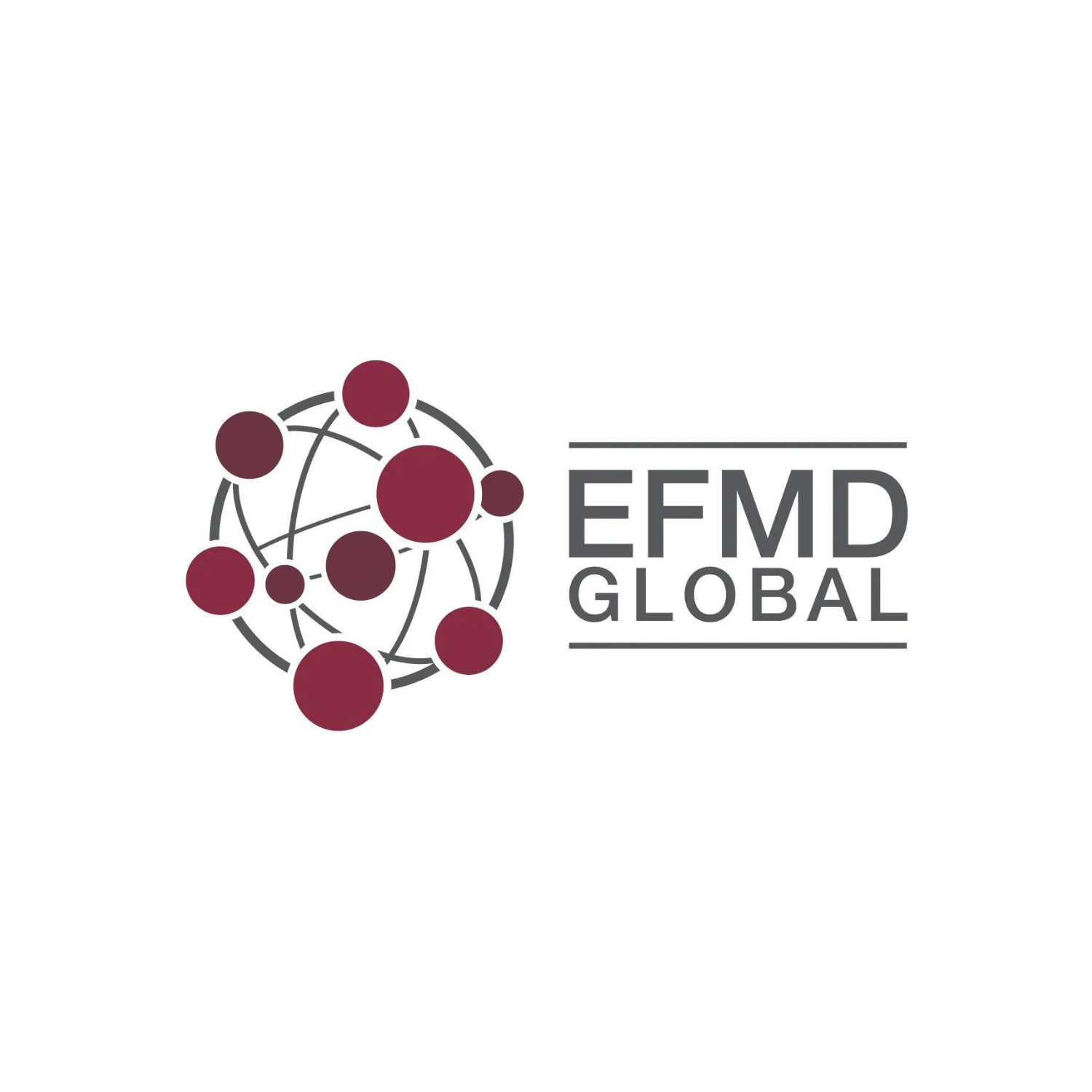
Updates from EFMD Conference 2022
In June 2022, we attended EFMD’s Annual Conference in Prague. The theme of the event was “What brought us here might not get us there” and it’s fair to say that the conference focused heavily on reminding us of the need to continually reflect and adapt in a constantly changing world. We could have picked multiple points to share – but (as always) we’ve confined ourselves to just three broad areas:
Faculty Models – Connecting Research and Teaching
Patrick De Greve (Vlerick Business School) and Mark Smith (Stellenbosch Business School) presented an interesting session on employment models for faculty. There was lots to ponder, but my key take aways were:
- Strive to have ‘healthy’ faculty models that include aspects of each of research, teaching and service (in varying proportions, depending on misson, faculty interest etc). Ensure there is a strong empathy and respect for each of the teaching and research activity. One is not ‘superior’ to the other and one of the best ways to build this empathy and respect is to ensure that everyone participates in each activity to an appropriate extent. (This may be challenging for schools that are developing very specific ‘research’ vs ‘teaching’ pathways).
- Alternative faculty ’employment’ models are workable and can faciltate more flexible faculty management outside the normal.business school model – especially in the context of building industry links. Vlerick Business School’s ‘Partnership’ model uses an academic entrepreneurship framework to build a body of ‘partner’ faculty with strong committment to the School, but who sit ‘outside’ of the School.
- It is important to be able to say ‘goodbye’ to those faculty who don’t have a committment and ‘fit’ for the School’s strategy and vision.
Key Challenge: Do Business School faculty models fully serve their mission and strategic priorities? If not, what type of model might work (do we need to think ‘outside of the box’)?
Internationalisation
The challenge of internationalisation within constantly changing geopolitical climates was a key theme of a session by Caron Beaton-Wells (Melbourne Business School) and Delphine Manceau (NEOMA). In addition to advice around developing range and depth of partnerships; and using digitalisation to complement internationalisation activity; my key take-aways were:
- Geopolitical instability is likely to remain a disrupter internationally (the only constancy is change itself!). This reinforces the need to build more versatile and resiliant models of internationalisation – but always keeping students “at the heart” of communities.
- Be smart and strategic when building international relationships. One tip was to use the public development plans of countries to build relevant initiatives in preferred (geographic) regions. There are often opportunities for collaboration across areas of mutual benefit.
- If not already in place, adapt curricula to prepare students to be leaders in a world where geopolitical challenges are a constant.
Key Challenge: How are Business Schools placed to manage and adapt to geopolitical instability – both in terms of a) internationalisation activity and b) preparing students for a world of geopolitical instability. Remember, EFMD provides a potential model to examine and reflect on internationalisation across the entire school: See EQUIS Standards 2022 (especially pages 73-74) and Annex 10 of the EFMD Programme Accreditation Process Manual Annexes.
EFMD Updates
The EFMD team presented an update on each of the key accreditations. Most of these are covered within the most recent QED summaries of updates to each of EQUIS and EFMD Accredited (Available on the QED website for download). The following additional points are also relevant:
- Face-to-face peer review visits are expected to be resumed in 2023 (both EQUIS and EFMD Programme Accreditation).
- Within EQUIS, the guidance for ERS is sometimes ‘suggestive’ in tone (e.g. “A school could.do x, y, z...”. As Schools become more mature in the integration of ERS principles across all activities, it is anticipated that the guidance will become more ‘expectant’ (e.g. “A school should do x, y, z..“). This is not unexpected, but continues to signal EFMD’s committment to supporting schools to develop quality ERS strategies and frameworks.
- EFMD Accredited are about to launch three free webinars (open to all EFMD Accredited Schools). Invites will be sent directly to the Schools and these will focus on each of internationalisation; Intended Learning Outcomes (ILOs); and ERS.
For advice and further details on any of the above, please contact the QED Accreditation Team at info@QEDaccreditation.com.




Recent Comments